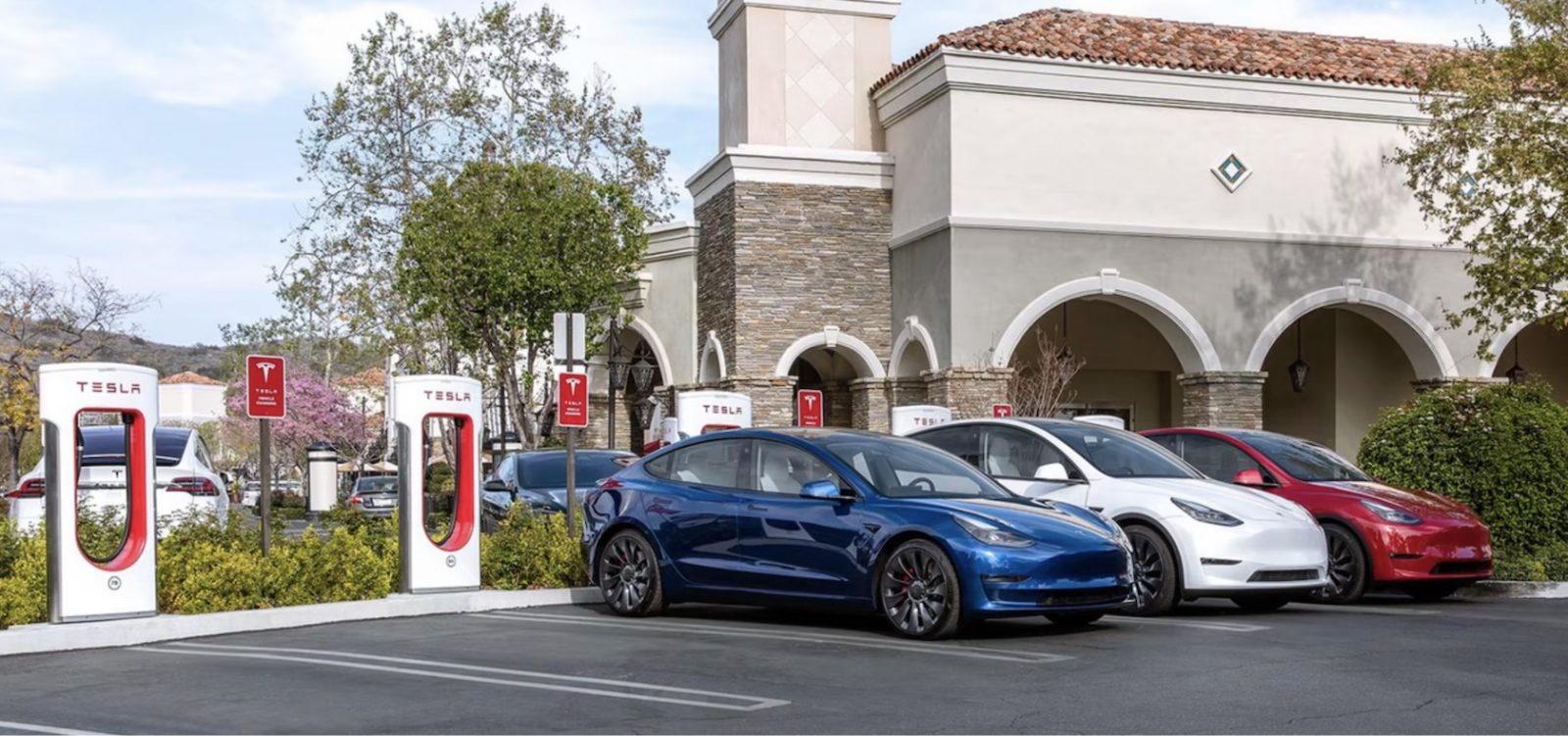Over the past year, multiple carmakers including Ford, Mercedes-Benz, General Motors, Nissan, Toyota, Volvo, Honda, Hyundai, BMW, Jaguar, and Rivian have all announced they will be adopting Tesla’s North American Charging Standard (NACS) charging infrastructure within the next few years. In fact, Tesla’s dominance in EV fast charging could give Elon Musk’s company considerable influence over the broader electric car ecosystem.
For the record, NACS is the connector used in Tesla’s Supercharger network, which accounts for at least 60% of available fast charging ports across the U.S. Lots of charging access will be a good thing for EV buyers, at least in the short term.
“There are many aspects to interoperability (the ability of computer systems or software to exchange and make use of information) and there is still a lot of work to be done to ensure this works as intended, but this will dramatically expand access to charging in a way that is potentially game-changing,” said Al Gore III, who heads ZETA, an EV industry trade group that represents Tesla and other stakeholders.
Risks? Yes, there are risks in relying so heavily on a car company that also controls the refueling process or should we say the charging process — imagine ExxonMobil also being a leading carmaker.
McKinsey analyst Shivika Sahdev recently wrote in Barron’s that the rise of NACS raises questions for non-Tesla drivers, depending on how much control Tesla has over its usage. “[If] one player controls the standard, the result could be an unhealthy dominance over future evolutions of the standard, pricing, access and data, to name a few.’
Although competitors are emerging in fast charging, Sahdev says that “it’s very likely” Tesla will “hold the largest share of the market” for years to come.
OUR THOUGHTS
What Al Gore III said is true—this improved access to the industry’s best and quickest charging network will be game-changing. Indeed, access to Tesla’s Superchargers is expected to stimulate sales of EVs nationwide and buyers see one major EV issue—that of efficient fast charger access—being alleviated. But just how regulators control Tesla’s dominance of and influence over the standard is a critical issue we’ll be watching.
